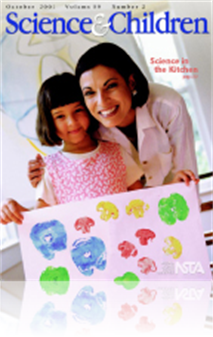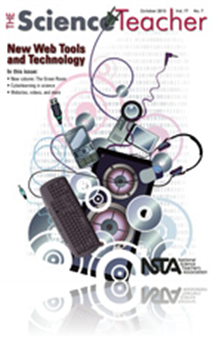All Resources
Journal Article
The ABCs of Assessment: Aligning assessment with instruction
Assessment often carries a negative connotation, but it is as important as curriculum and instruction and needs to be viewed as a positive enhancement of learning. To be comprehensive, assessment must be authentic, resembling the classroom experience...
Journal Article
Outside Learning: It’s Elementary
Through a partnership with elementary teachers at Main Elementary School in Rome, Georgia, 42 children (one third-grade class and one fourth-grade class) learned how to use newspapers to rebuild slopes on their schoolgrounds that had been eroded by r...
Journal Article
Enabling Science: NSF's Program for Persons with Disabilities
To promote greater inclusion of disabled students in science classrooms and to address the underrepresentation of persons with disabilities in science and engineering careers, the National Science Foundation (NSF) established its Program for Persons ...




